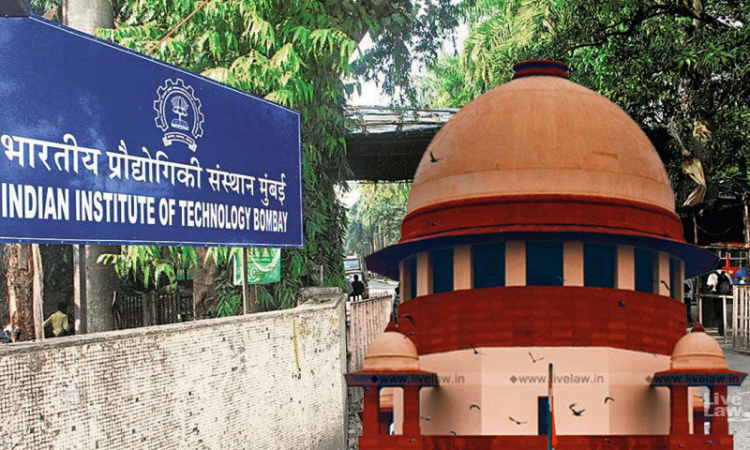Supreme Court Directs IIT To Treat OCI Student At Par With Indian Student With Respect To Fees
Sohini Chowdhury
8 Feb 2022 2:12 PM IST

Next Story
8 Feb 2022 2:12 PM IST
On Tuesday, the Supreme Court directed Indian Institute of Technology, Madras (IIT) to treat the petitioner, a Overseas Citizen of India (OCI) student at par with Indian students in terms of the fees payable to the Institute, at least for the current academic year. A Bench comprising Justices Abdul Nazeer and Krishna Murari referred to its interim order dated 27.20.2021, wherein...
